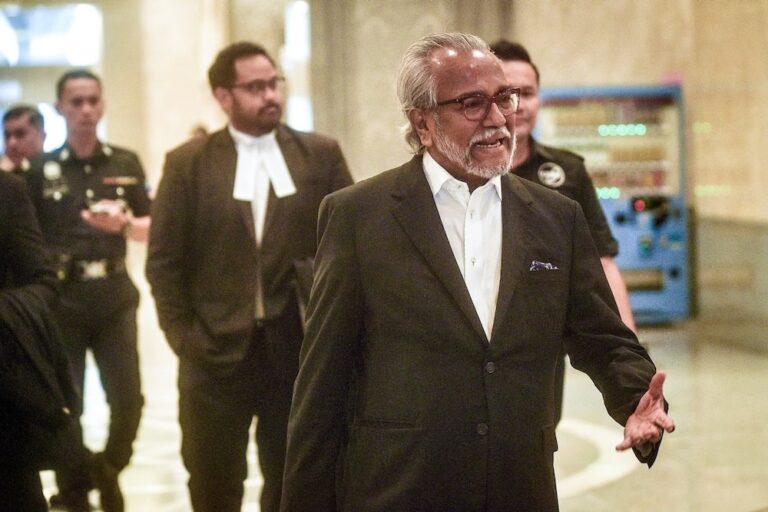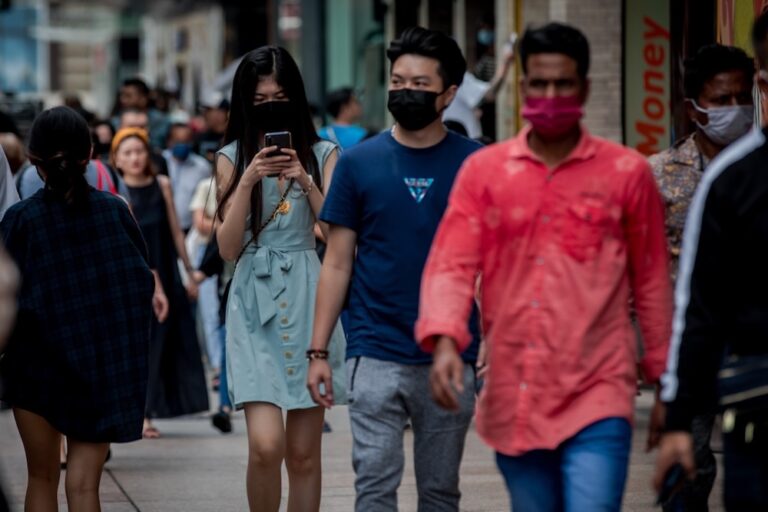(SEAPA/IFEX) – SEAPA protests the barring of journalists from an 11 July 2007 public hearing on crime set up by the Parliamentary Caucus on Human Rights. Local reports said the hearing at the city hall of Petaling Jaya was about to start at 8:30 p.m. (local time) with about 200 people in attendance when the […]
(SEAPA/IFEX) – SEAPA protests the barring of journalists from an 11 July 2007 public hearing on crime set up by the Parliamentary Caucus on Human Rights.
Local reports said the hearing at the city hall of Petaling Jaya was about to start at 8:30 p.m. (local time) with about 200 people in attendance when the organiser asked all journalists to leave, saying it was to be a “closed doors” meeting, without giving any reason. Notices of the order were posted at the hall entrance.
The 11 July hearing in the state of Selangor was the second in a series of such events to be held in major cities to invite public input following mounting concerns about the spates of life-threatening crimes in the country. The first hearing, held on 8 July in the southern state of Johor, attracted media coverage and some 500 irate residents who took the government to task for its inaction on the matter.
On the recent ban, caucus chairperson Nazri Abdul Aziz claimed that people were reluctant to speak in the presence of media. Hence, journalists will also be barred from future hearings in other states.
Independent news site “Malaysiakini” has reported of allegations that Nazri had issued a notice to the media not to cover the 11 July hearing. (On 29 June, “Malaysiakini” had exposed a similar directive banning media coverage of opposition leaders’ speeches. The ban was revoked by Minister for Energy, Water and Communications Dr Lim Keng Yaik on 3 July.)
Indeed, a check by local watchdog and SEAPA partner the Centre for Independent Journalism (CIJ) revealed that the hearing was not reported in some of the national dailies despite consistent coverage of the issue in the preceding weeks.
SEAPA shares CIJ’s concern that the public is being denied their right to know. By preventing media coverage of the 11 July hearing and others to come, the caucus chairperson is also preventing the majority of Malaysians from learning about the valid concerns and suggestions of fellow citizens on an issue of high public interest.
“We ask the chairperson of the parliamentary caucus to allow media coverage of the hearings as the Parliament and its bodies and committees should be open and accountable to the public,” CIJ said in a 12 July release ( http://www.cijmalaysia.org/display_story.asp?ID=516 ).
Even as traditional media remain tethered to licensing provisions under the repressive 1984 Printing Presses and Publications Act, online citizen journalism is rising in Malaysia, and many individual and community blogs are beginning to report on events of public concern.


